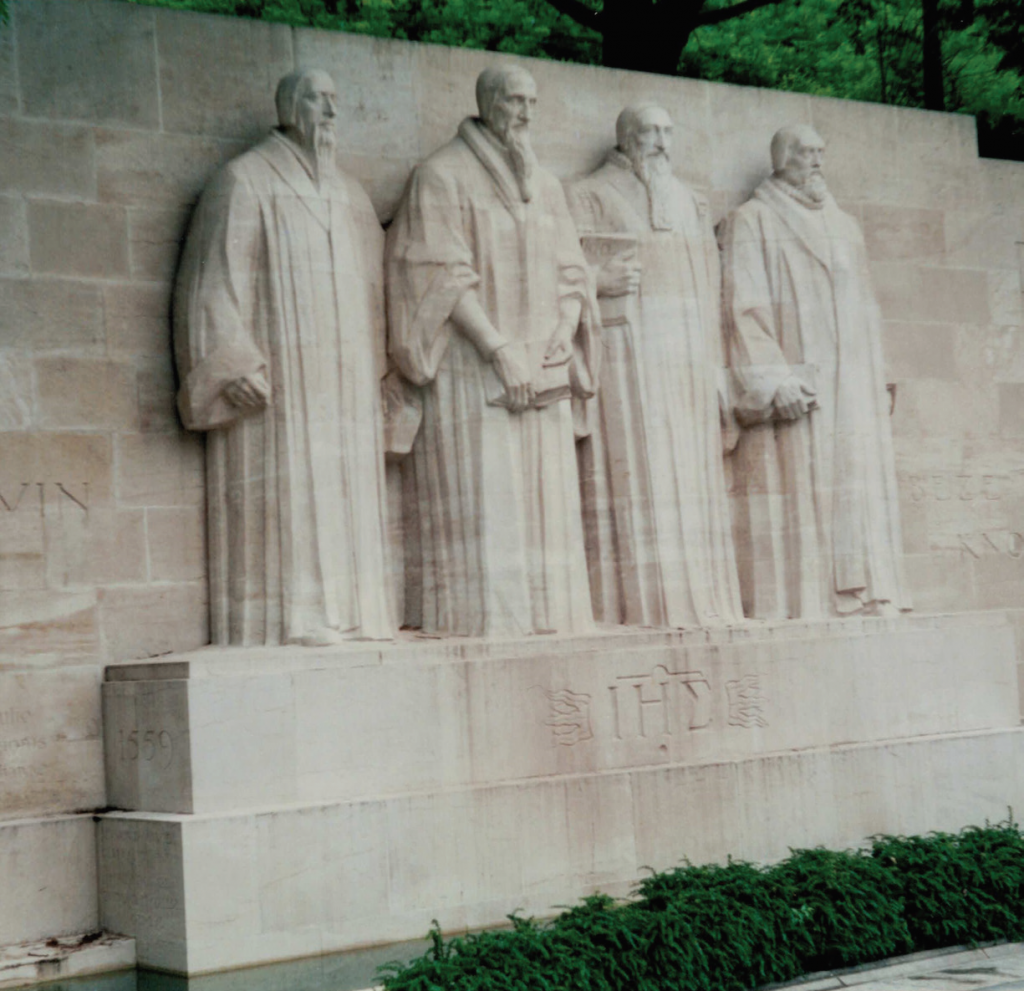Several months ago, I was reading a book on biblical counselling in the local church and read this sentence: “The church, operating as Christ has intended it, is the best possible place for healing”[1]. In one of the many books that I have been reading, I stumbled across this sentence and it has stuck with me ever since. The church is the best possible place for someone to heal. I read that sentence in June. Since then, I have read a lot more, listened to a whole lot more lectures, podcasts and presentations yet that sentence is still bookmarked in my mind. It is still hanging there.
This sentence stands out in my mind, not just because those words are now scrawled on one of the many sticky notes that can be found on my desk, but because of the questions I have had since reading it. I know the sentence is theologically sound. The questions I have relate specifically to practice: why is this not evident for the FRC? Why is it that so many hurting people look for healing elsewhere? Why do they leave and go to other churches? Why do they seek counsel from professionals without members of their church knowing? If we believe that the church is the best place to find refuge, why are there so many hurting people in our community unable to find shelter and escape from the brokenness of their lives?
Continue reading “Mind the Gap”

